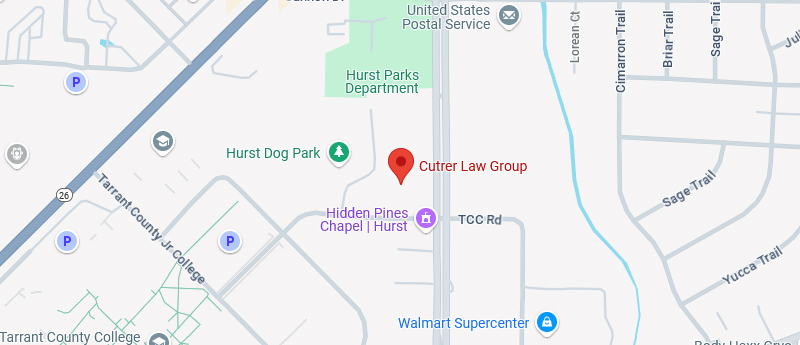If one member of the marriage wants to file for divorce, it does not matter the other party’s opinion; eventually, the divorce will be approved. However, just because the process is inevitable in such cases does not mean that every divorce mirrors one another in how they play out.
The following are the different types of divorce in Texas.
Uncontested Divorce
For a divorce to be considered “uncontested,” each spouse agrees to all terms of the divorce. No further litigation is required, and there needn’t be more mediation. Each spouse agrees to sign that they agree, and their lawyers draw a final divorce decree to be turned into the court.
While there is no such legal term as a “contested divorce,” it is a common term for divorces that do not play as stated above.
No-Fault Divorce
The concept of a “no-fault” divorce can be beneficial and is the type of divorce most couples prefer. All divorce filings are public information, and all information in a divorce is released to the public. Divorce procedures can typically air out dirty laundry that most couples prefer to keep quiet. Thereby, for privacy’s sake, if there is no reason to go to a public proceeding, most couples opt for a no-fault divorce.
Fault Divorce
A “fault” divorce is where one spouse claims that the dissolution of the marriage contract is mostly or entirely the fault of the other. The accused spouse may have committed adultery or abused the other.
In this case, a court can hear proof or evidence of the transgressions and determine any owed restitution or compensation the accusing spouse may allege. The spouse accused of being at fault may provide evidence to the contrary or that the accused spouse had committed acts that made them equally responsible for the marriage’s dissolution.
Default Divorce
If one spouse refuses or cannot respond to the other’s divorce filing at the proper time, the court will grant the divorce by default. The non-responsive spouse, having been given due time and contact attempted, is not required to be involved.
Collaborative Divorce
Joint meetings between two collaborative divorce lawyers, each representing one member of the married party, are held to discuss and come to terms with the final details of a divorce. Collaborative divorce is an increasingly popular form of divorce and requires no trial.
How Should I File MY Divorce?
All except the smallest percentile of atypical divorces require the assistance of a legal aid or divorce lawyer. If you or your spouse are considering or have decided to proceed with a divorce, it is time to contact a proper legal representative. We would love to be your guide through the process and help your divorce go as smoothly as possible. Please call 817-285-2855 today to schedule your initial appointment or consultation.





 1845 Precinct Line Road
1845 Precinct Line Road info@akcfamilylaw.com
info@akcfamilylaw.com 817-854-1651
817-854-1651



